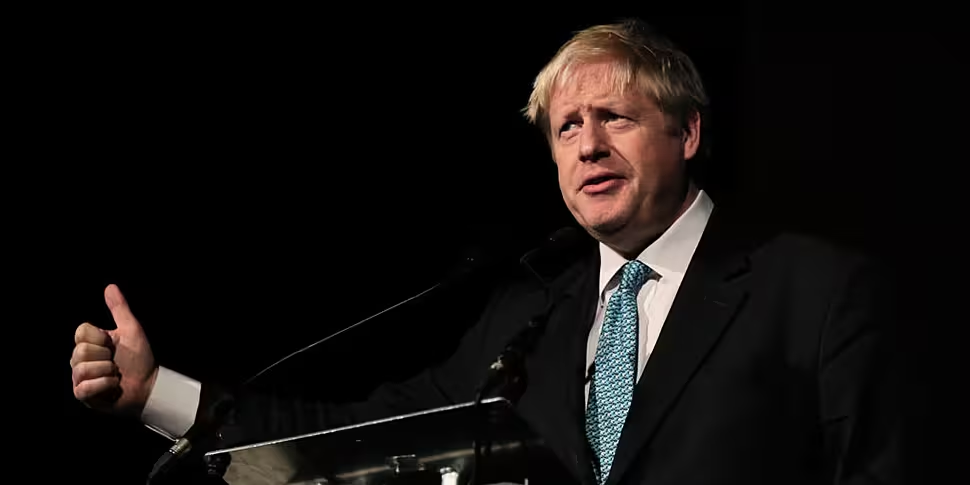The former British foreign secretary Boris Johnson will no longer have to appear in court, over allegations he misled the public during the country's Brexit campaign.
He was issued with a demand to appear in court last month after a private prosecution was brought against him by campaigner Marcus Ball.
Mr Johnson was accused of misconduct in a public office over claims he made during the Brexit referendum campaign about the UK sending stg£350m (€394m) a week to the EU.
At a UK High Court hearing on Friday, Mr Johnson's lawyers told senior judges he denied acting improperly or dishonestly during the 2016 campaign.
They challenged the summons for him to attend Westminster Magistrates' Court over three allegations of misconduct in public office brought by Mr Ball, who crowdfunded stg£300,000 (€337,884) through an online campaign to bring the prosecution.
Mr Johnson, who is seen as a favourite to replace Theresa May as Conservative Party leader and prime minister, will now not face a criminal prosecution after the court overturned the summons.
Addressing Mr Johnson's barrister, Adrian Darbishire, Ms Justice Anne Rafferty said: "We are persuaded, Mr Darbishire, so you succeed, and the relief that we grant is the quashing of the summonses."
"Politically motivated"
Mr Darbishire had told the court that the stg£350m (€394m) a week figure was disputed "as soon it was said" and remains the subject of public debate.
He said: "It was just a political claim open to and available for contradiction and debate, and it was, and is, for the good sense of the electorate to discount it if they choose so to do.
"It is not for the CPS, judge and jury to determine the misconduct of this claim and it is not for the interested party either."
Mr Darbishire claimed the bid to prosecute Mr Johnson was "politically motivated", adding an attempt to use the criminal justice system for "a political purpose" was an "extremely grave and troubling thing to do".
Mr Ball's lawyers, in written submissions, argued the attempted prosecution was "an issue of significant public and political interest" that had been "heightened" by Mr Johnson's entry into the Tory leadership election.
They said: "The entirely proper motivation for the prosecution is to hold to account a high-profile politician and holder of public office for what is alleged to be significant misconduct in relation to an issue of great public importance."
Referring to the stg£350m (€394m) a week figure, Mr Ball's representatives added: "There is ample evidence that (Mr Johnson) did know it was a false and misleading figure."
Mr Johnson was not required to appear and did not attend the hearing.









